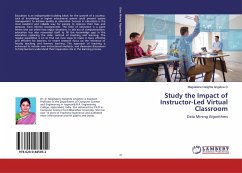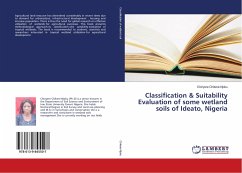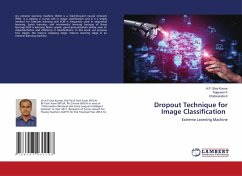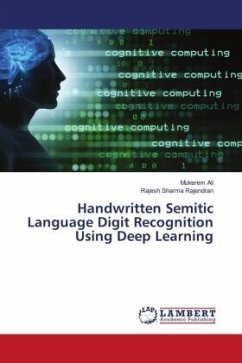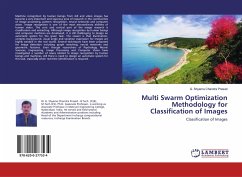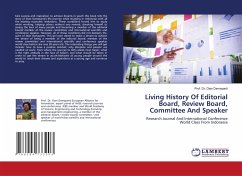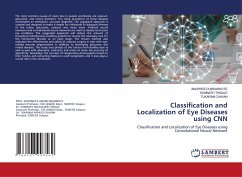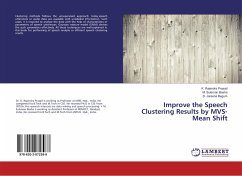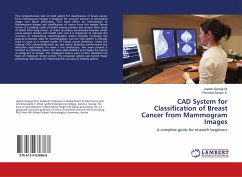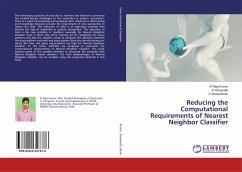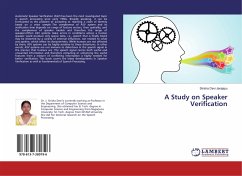
A Study on Speaker Verification
Versandkostenfrei!
Versandfertig in 6-10 Tagen
33,99 €
inkl. MwSt.

PAYBACK Punkte
17 °P sammeln!
Automatic Speaker Verification (ASV) has been the most investigated topic in speech processing since early 1950s. Broadly speaking, it can be formulated as the problem of accepting or rejecting a claim of identity based on a voice sample. The complexness of ASV system and its verification time depends on range of feature vectors, their spatiality, and the complexness of speaker models and therefore the range of speakers.Often ASV systems make errors in conditions where a human speaker could produce only sparse data, i.e., speech that is finally heard may be distorted by a variety of external i...
Automatic Speaker Verification (ASV) has been the most investigated topic in speech processing since early 1950s. Broadly speaking, it can be formulated as the problem of accepting or rejecting a claim of identity based on a voice sample. The complexness of ASV system and its verification time depends on range of feature vectors, their spatiality, and the complexness of speaker models and therefore the range of speakers.Often ASV systems make errors in conditions where a human speaker could produce only sparse data, i.e., speech that is finally heard may be distorted by a variety of external influences, not related to what was spoken, which affect its characteristics. While humans are not affected by them, ASV systems can be highly sensitive to these distortions. In other words, ASV systems are not immune to distortions in the speech signal in the manner that humans are. The speech signal carries both useful and unwanted information and therefore extracting or enhancing the useful features from a mixture of conflicting information is highly needed for better verification. This book covers the latest developments in Speaker Verification as well as fundamentals of Speech Processing.



